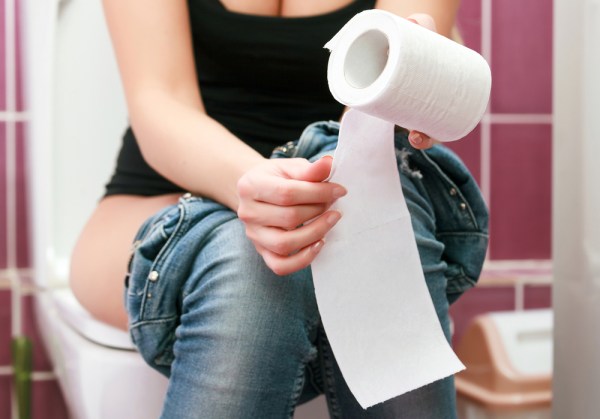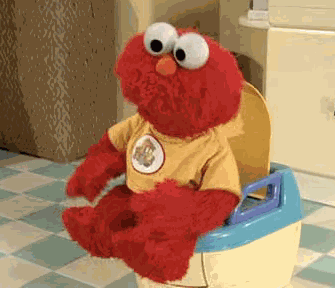
Don’t eat any fat! Or eat all the fat you can jam into your mouth.
Don’t eat carbs! Or eat lots of carbs… just not any of the fun ones.
Eat six small meals throughout the day… or eat one “the Rock on cheat day”-sized meal before bed.
These are all diets I have tried over the years, and though I have had varying levels of success with the low-fat diet, the ton of fat diet, the low-glycemic index diet (I lost a spooky amount of weight on this one), the slow carb diet, the multiple small meals diet, and intermittent fasting, I have also learned some infuriating lessons about dieting and weight loss:
Lesson one: All diets kinda work.
Lesson two: All diets kinda suck.
Lesson three: I should really stop eating breakfast cereal at midnight.
And while there is no substitute for portion control, discipline, and regular exercise (though I have spent the better part of the past 20 years challenging this notion with fad diets and wishful thinking), the ineffectiveness of most diets has to play at least some role in the shocking obesity levels in the United States. Some of the most popular diets directly contradict each other (low fat vs. high fat, no carb vs. slow carb, etc.), but since people have (seemingly random) success and failures with these plans, there clearly has to be another factor in why we do or do not lose weight.
Thanks to a recent study by scientists Eran Segal and Eran Elinav at the Tel Aviv based Personalized Nutrition Project, we might finally have an answer to this question. And the answer involves a lot of poop.
Before Segal and Elinav could publish their findings at the Human Microbiome Conference earlier this year, that predict a “computer algorithm can predict how individuals’ bodies will respond to certain foods, thus creating a tailored meal plan for each according to his or her own unique bacterial profile,” the scientists had to first collect their data. Which, was a bit more dookie-heavy than even standard medical research: (via aol.com)
[Segal and Elinav] took stool samples from 800 of their participants, sequencing the genes in each person’s DNA, and used this to complete profiles of the bacterial composition of each individual’s gut. (Basically, they knew that a particular gene is present in a particular type of bacteria, so if they found that gene, it means that bacteria is present, too.) They combined this with the records on their glucose responses to certain foods and used the two data sets to create a computer algorithm, which would create a list of foods that would not trigger that spike in blood-glucose levels.
Judging by Segal and Elinav’s study, it appears that most diets fail for the simple reason that the bacteria in our guts set us up for failure from the start. And with research continuing to link gut bacteria and obesity, it appears that Segal’s assertion that “a universal diet, or universal guidelines, they could never work for everybody, because people are different” is truer than ever.
On a personal level, I think Segal and Elinav’s findings are especially exciting, not just because this story has given me a legitimate journalistic excuse to write “poop” several times, but also because this research may eventually lead to me having a diet plan that is designed specifically for me and my unique blend of gut bacteria. If history is any indicator, I will quickly derail this uniquely-designed nutritional scheme by shame eating Trader Joe’s pecan granola, but I also know that this “Ben Esch-specific diet” will give me a much better chance at success than simply following whatever the latest weight loss trend is on the bodybuilding.com forums.
On a final note, Segal and Elinav predict that it will one day become “mainstream to mail stool samples into the lab to get diet advice.” And I would like to live in a world where people mailed poop for reasons besides hilarious pranks and devious vengeance.







